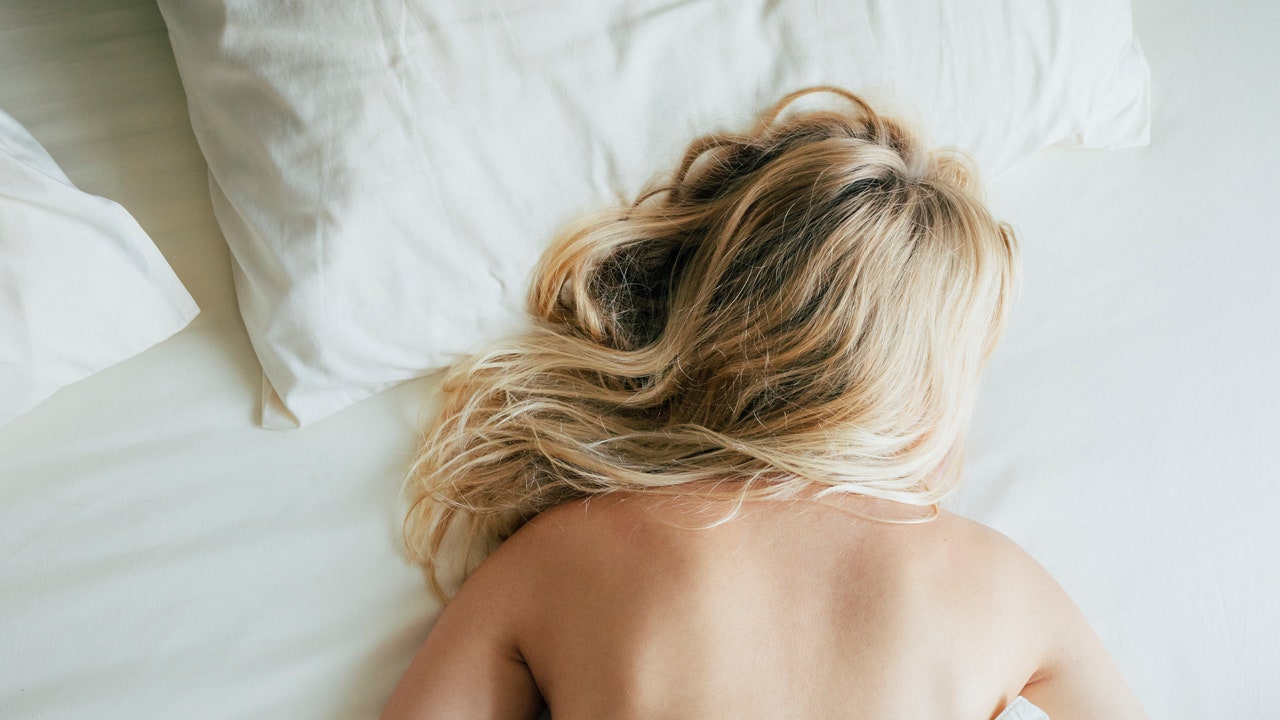In the never-ending battle of the sexes, a new topic has entered the conversation: Do men or women need more sleep?
The rumor is that women need more, but is there truth to it? In general, sleep, whether too little or even too much, can impact your entire day—mood swings, headaches, and low productivity are just some of the immediate effects. Poor sleep over a long period, however, can lead to far more serious health issues. While the importance of quality sleep is universally acknowledged, debates about optimal sleep duration remain. (I, personally, would like to live like Dakota Johnson and get 14 a night.)
The widely accepted recommendation is seven to nine hours per night, but does this guideline apply equally to everyone?
Do women need more sleep than men?
Recently, there have been many discussions on social media about whether women require more sleep than men. Studies have shown that while the answer may be murky—it changes depending on life stage, hormones, and general biological makeup—the way that men and women sleep is very different.
Christine Blume, MD, a sleep scientist at the University of Basel, explains her perspective: “The question of whether sleep needs to differ between men and women does not have a definitive answer with current research that is available.” Dr. Blume points out that most studies on sleep measure how much people report sleeping. They don’t actually measure their actual needs. “When men and women were asked how much sleep they need, women reported needing about 12 minutes more on average, which is hardly a significant difference,” she explains. And interestingly, as people age, men often require more sleep than women.
Sleep and life stages
Age and life circumstances significantly influence sleep duration. Children and teenagers naturally need more sleep, while older adults often sleep less at night, sometimes supplementing with naps during the day. For women, sleep can be disrupted by life events like parenting. “Mothers, particularly of young children, often get less sleep as they wake frequently during the night to care for their kids—yes, even in 2025,” notes Dr. Blume. Breastfeeding mothers face additional challenges, as their sleep rhythms are dictated by their baby’s needs.
Hormonal fluctuations can also play a role. Many women notice changes in their sleep throughout their menstrual cycle. “The first phase of the cycle, especially around ovulation, tends to support deeper, more restful sleep,” says Dr. Blume. “However, sleep can worsen during the second phase, particularly for those with premenstrual symptoms.”
Read the full article here




